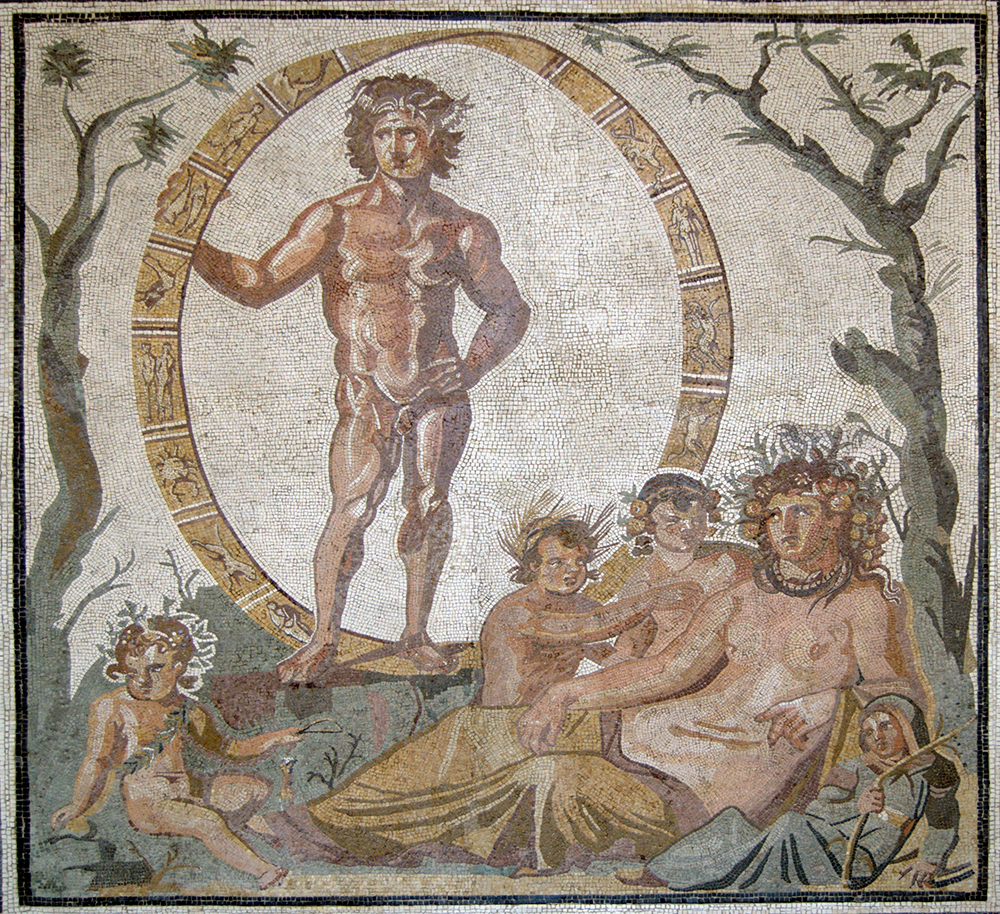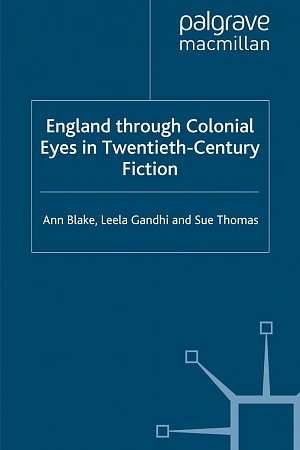The Christian Invention of Time: Temporality and the literature of late antiquity
Cambridge University Press, $66.95 hb, 500 pp
A new history of time

Long gone are the days when the discipline of classics was almost exclusively focused on the golden ages of fifth-century Greek and first-century BCE Roman literature and their antecedents. During the past decades, under the leadership of the indomitable Peter Brown and others, the period of later antiquity has become a burgeoning field of research. Yet it cannot be said that the study of specifically Christian thought and literature has been fully integrated into this development. Too often it has remained the domain of departments of theology and religion and of their associated vehicles of publication. In his thought-provoking and stunningly erudite new cultural history of time, the distinguished Cambridge classicist Simon Goldhill not only diagnoses this state of affairs but also seeks to remedy it.
Continue reading for only $10 per month. Subscribe and gain full access to Australian Book Review. Already a subscriber? Sign in. If you need assistance, feel free to contact us.











Leave a comment
If you are an ABR subscriber, you will need to sign in to post a comment.
If you have forgotten your sign in details, or if you receive an error message when trying to submit your comment, please email your comment (and the name of the article to which it relates) to ABR Comments. We will review your comment and, subject to approval, we will post it under your name.
Please note that all comments must be approved by ABR and comply with our Terms & Conditions.